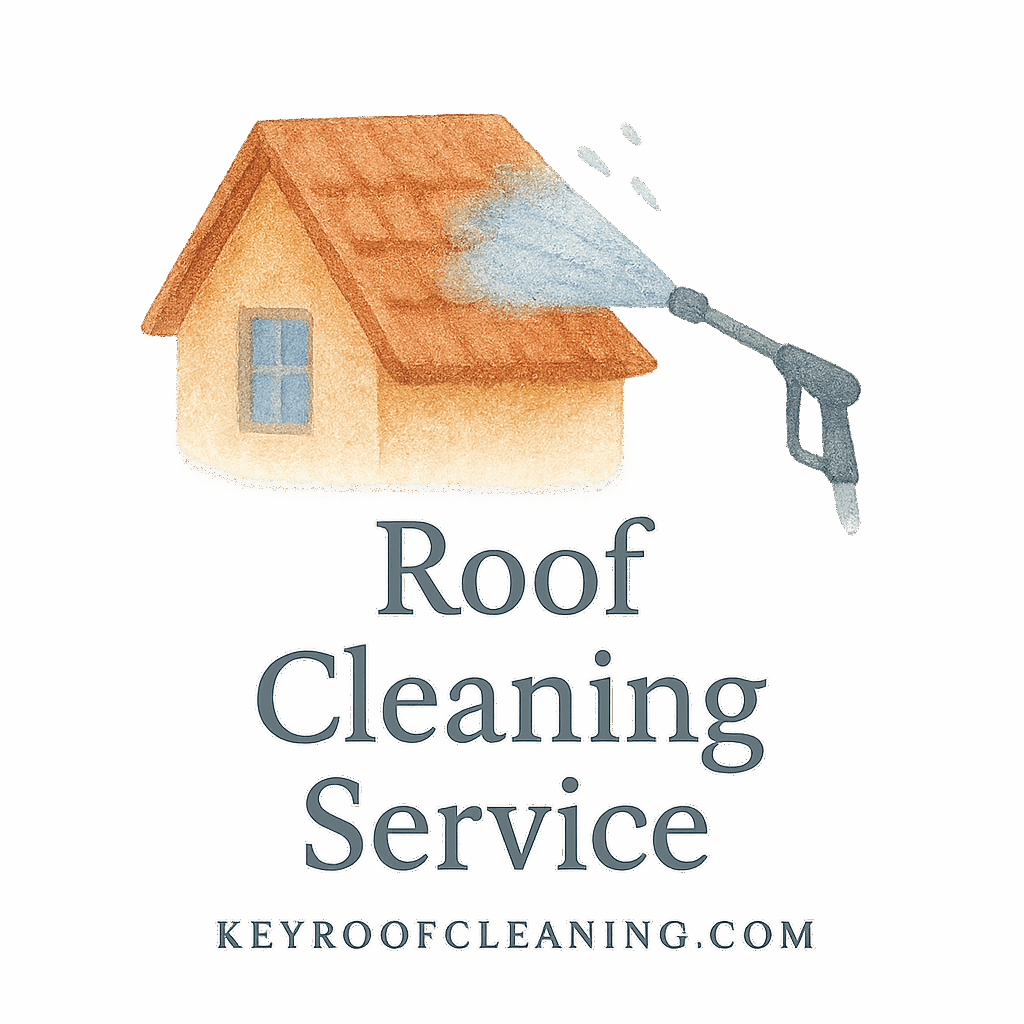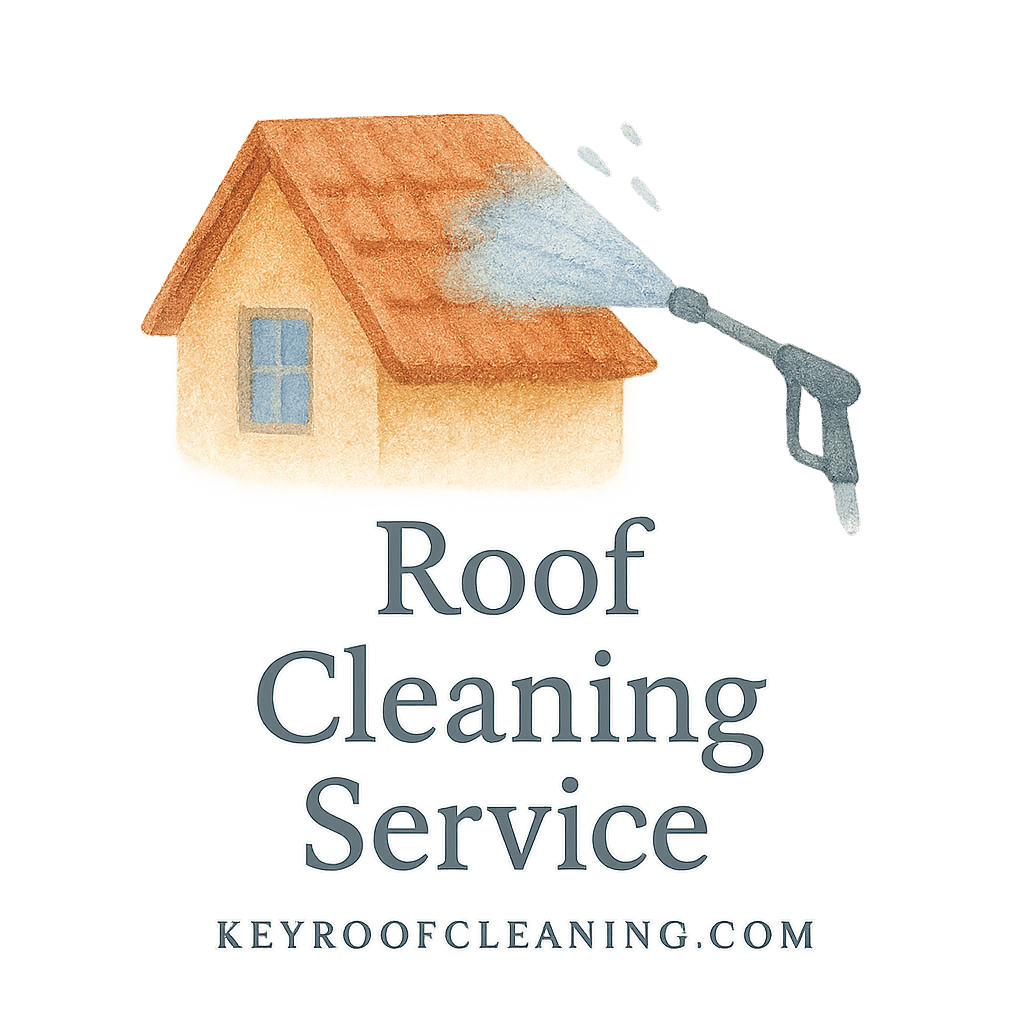Hiring someone to clean your roof might seem like a simple task. But did you know skipping a check on their insurance could cost you big time? Yep — one slip, one accident, and suddenly you could be on the hook. Let’s break down six critical insurance considerations before you hire a roof cleaning pro.
Why Insurance Matters in Roof Cleaning
Roof cleaning isn’t your average home chore. It involves heights, water, slippery surfaces, and sometimes harsh chemicals. Without proper insurance coverage, you’re risking more than just a dirty roof — you’re risking lawsuits, property damage, and out-of-pocket expenses.
Make sure to familiarize yourself with the basics of roof cleaning here to better understand what’s at stake.
1. General Liability Insurance
What It Covers
General liability insurance protects against damage to your property or injuries to others (not employees) caused by the contractor’s work.
Why It’s Critical for Roof Cleaning
Imagine a cleaner drops a tool that cracks a skylight or spills a solution that kills your landscaping. General liability covers those costs — without it, you’re paying out of pocket.
Questions to Ask Your Contractor
- Are you currently insured for general liability?
- Can I see your certificate of insurance?
- What is your coverage limit?
Looking for pros who already have this covered? Check out professional services that specialize in roof cleaning here.
2. Workers’ Compensation Insurance
Protecting Workers and Homeowners
Workers’ comp is designed to protect the workers, but indirectly, it protects you too. If a worker falls off your roof, workers’ comp pays for their medical costs — not your homeowners policy.
Legal Requirements in Most States
Many states require businesses to carry workers’ comp, even with just one employee. Don’t take anyone’s word for it — verify!
Red Flags to Watch Out For
- “We’re a small team; we don’t need it.”
- “You don’t have to worry, we never have accidents.”
- “We’re independent contractors.”
Roof work involves risks. Read more on accident prevention and ladder safety to understand how risky it can get.
3. Roofing Contractor Bonding
What Is a Bonded Contractor?
A bond guarantees the contractor will fulfill the terms of the contract. If they skip out halfway through, you can file a claim against their bond.
How Bonds Differ from Insurance
Bonds are not for accidents — they’re for breaches of contract or fraud. Think of them as a financial promise.
What It Means for You
Hiring a bonded contractor adds another layer of protection for your investment. It shows they’re legit and willing to be held accountable.
Need hiring help? Browse our hiring tips tag for more advice.

4. Property Damage Insurance
Coverage for Your Home and Belongings
This insurance pays for any unintentional damage caused to your home while the roof is being cleaned. It might be part of general liability or a separate policy.
Why It’s Especially Important in Roof Work
High-pressure washers, falling debris, and heavy foot traffic can damage shingles, gutters, or your attic insulation.
Learn more about safe roof cleaning techniques that minimize the chance of damage.
5. Insurance Verification & Documentation
How to Request Proof
Ask for a Certificate of Insurance (COI). This document outlines what type of coverage they have, limits, and effective dates.
What to Look For
- Company name matches what they told you
- Expiration date is in the future
- Insurance carrier is reputable
Verifying Certificates Are Current
Call the insurer directly if you’re unsure. Contractors have been known to provide outdated or forged certificates.
Stay organized by using a pre-hiring checklist so you don’t miss a beat.
6. Insurance from Professional Roof Cleaners
Why Professionals Offer Better Protection
Legit roof cleaning companies carry all necessary insurance and keep it current. They’re not trying to cut corners.
How to Spot a Legitimate Service
- Business website with local address
- Detailed service and insurance info
- Reviews that mention safety and professionalism
Related Safety Certifications
Ask about OSHA training or certifications. Contractors aware of OSHA regulations are generally safer and more reliable.
Explore certified professionals through our roof-cleaning tag.
Risk of Hiring Uninsured Roof Cleaners
Potential Liabilities You May Face
Without insurance, you might be sued if someone gets hurt or if something gets broken — even if you didn’t cause it.
Examples of Costly Mistakes
- A cleaner slips, breaks an arm, and you’re responsible.
- A machine breaks your tile roof — you pay the repair.
- Roof runoff damages your garden — you’re out of luck.
Avoid issues by hiring experienced pros who understand delicate roof handling and use eco-friendly methods.
Other Safety & Legal Considerations
Ladder Safety & OSHA Compliance
Falling from ladders is one of the most common accidents in roofing. Make sure your contractor follows ladder safety and OSHA guidelines.
Importance of Hiring Trained Technicians
Training reduces accidents. Plus, trained professionals know which tools and products are best for your specific roof type.
Eco-Friendly Roof Cleaning Methods
Want to protect your garden and the environment? Ask about biodegradable products and services that support green living.
Summary of Key Insurance Points
- Always ask for proof of general liability and workers’ comp
- Check for bonding to cover contract breaches
- Verify insurance certificates are up to date
- Choose roof cleaners with professional standards
- Avoid uninsured or underinsured contractors
Learn more about different roof types and materials that require special care and attention.
Conclusion
When hiring roof cleaning professionals, don’t let your guard down. A sparkling clean roof isn’t worth a lawsuit or major repair bill. By checking these six insurance considerations, you protect your home, your wallet, and your peace of mind.
Ready to hire the right team? Visit Key Roof Cleaning for insured, eco-conscious, and skilled pros who know what they’re doing.
FAQs
What kind of insurance should a roof cleaner have?
At a minimum, they should carry general liability and workers’ compensation insurance. Bonding and property damage coverage are also recommended.
Can I be held liable if a roof cleaner is injured?
Yes — if they don’t have workers’ comp, you could be responsible for their medical bills or lost wages.
How do I verify a contractor’s insurance is legitimate?
Ask for a COI and call the issuing insurer to confirm. Make sure the name, date, and coverage match what they told you.
Is workers’ comp required for small roof cleaning businesses?
In most states, yes — even if there’s only one employee. Always double-check to protect yourself.
Does homeowners insurance cover roof cleaning accidents?
Usually not. Homeowners policies rarely cover third-party contractor injuries or damages unless negligence can be proven.
What’s the difference between bonded and insured?
Insurance covers accidents and injuries. Bonds protect against contract violations or fraud.
Where can I find reputable, insured roof cleaning professionals?
Start with Key Roof Cleaning — explore their solutions, sustainability practices, and proven green methods.


